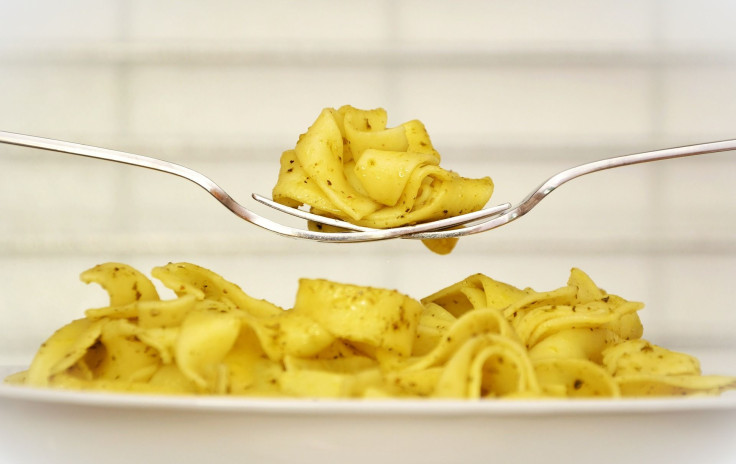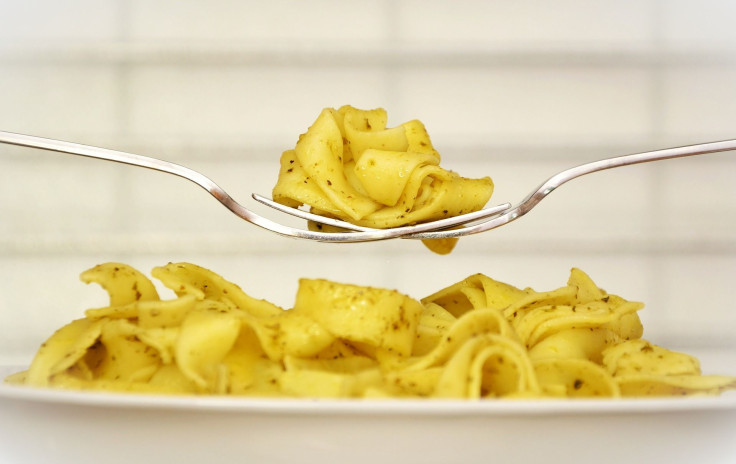Recipe For Love: What You Order At A Restaurant Could Positively Influence Your Relationships

Meeting someone for dinner for the first time may be nerve wracking, but according to a team of researchers from the University of Chicago, there’s a simple trick to getting your date to like you right away. Their findings, published in the Journal of Consumer Psychology, have proven the old saying true: Imitation is the sincerest form of flattery. By ordering the same or similar meal, your date is more likely to trust you and enjoy your company.
"People tend to think that they use logic to make decisions, and they are largely unaware that food preferences can influence their thinking," said the study’s co-author Ayelet Fishbach, a professor in the business school at the University of Chicago, in a statement. "On a very basic level, food can be used strategically to help people work together and build trust."
For the first experiment, Fishbach and her research colleague Kaitlin Woolley paired participants together with strangers and gave them money to hand over to the strangers. The participants were told the strangers were going to invest their money with a guarantee that it would double in value. Participants had to decide how much they would invest and if they would give any to their partner after the transaction was complete. However, some pairs were given the same candy before they made their decisions while others were each given different candies. Participants who snacked on the same type of candy as their partner trusted them with more money compared to those who had different candies.
To further test the theory that trust can be gained over food decisions, researchers conducted a second experiment, during which pairs of participants and strangers were asked to make work-related negotiations. Some pairs were given the same food to eat while they talked over the negotiations and other pairs were given different foods. Again, those who ate the same foods gained trust faster and reached an agreement almost twice as quickly as the groups that ate different foods.
In order to make sure the trust building around food wasn’t just because of similarities, researchers conducted the same experiment, except this time the pairs either wore the same color shirts or different color shirts when making a decision. It turns out, the shirt colors had no significant impact on whether or not the participants decided to invest or negotiate with their partner.

Researchers believe this eating phenomenon of choosing similar foods to gain trust can be applied to blind dates, early friendships, and coworkers. According to a previous study published in 2011, mimicry is a form of social glue, which can expedite cohesion even among strangers. By choosing to eat similar foods as the other person, virtual strangers could build a healthy rapport faster and more efficiently than those who order from different sections of the menu.
"I think food is powerful because it is something that we put into our bodies and we need to trust it in order to do that," Fishbach said. "I hope our research will be used to connect people and facilitate conflict resolution. Our next goal is studying whether sharing food has an impact on trust and cooperation."
Source: Fishbach A and Woolley K. A Recipe For Friendship: Similar Food Consumption Promotes Trust and Cooperation. Journal of Consumer Psychology. 2016.
Published by Medicaldaily.com



























